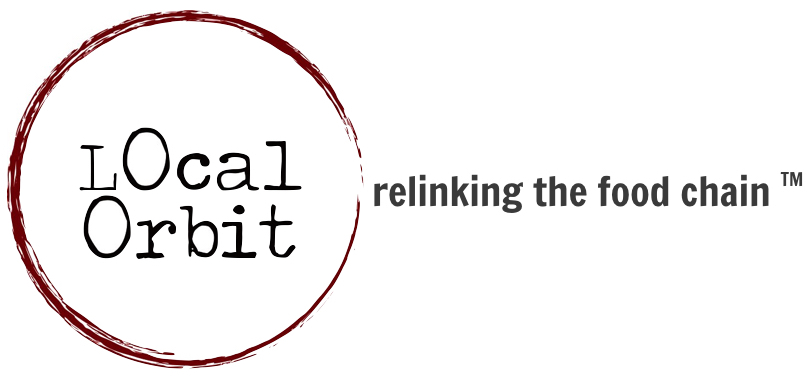Vicki Zilke will join Local Orbit’s workshop Transparency, Collaboration & Shared Value in Local Food Economies, Nov 7-9 in Ann Arbor. Vicki, a Master Gardener and former Nurse Practitioner, along with her husband Tom, owns and operates Zilke Vegetable Farm, a successful 40-acre farm that grows a diverse selection of vegetables and herbs in a sustainable and transparent manner – without chemical pesticides or herbicides.
Zilke sells to both consumer and wholesale markets and Vicki brings a producer’s perspective to the workshop, including knowledge about meeting certification requirements for institutional procurement programs and scaling up for these markets. We spoke with Vicki about how the local food economy has changed over the last several years, and how she has managed the growth of her business through food hub partnerships and regional networks like the Michigan Food Hub Network.
What do you see as the biggest change in local food since you began farming?
Since we started in 2009, there has been an enormous uptick in demand from large institutions like hospitals, colleges, and schools for locally grown product. This has provided us with a carrot and gives us a good reason to scale up to meet this significant demand. Instead of just sticking with CSA, we’ve started to implement new processes to meet this new market. If we’re going to go from two beds of basil to two acres of basil, we have to change our model to work with that. Right now, we’re looking to optimally scale up our wholesale business alongside our direct-to-consumer market.
You sell direct-to-consumer and to wholesale markets – how do these different revenue streams affect your business and your plans for growth?
Our business was built entirely on direct-to-consumer sales and that segment continues to be the largest portion of our gross sales. Wholesale revenues have lagged behind predictions, but I believe that solutions are being actively designed, tested, and implemented to allow us to tap into the demand. We want to be ready on our end for these orders.
What can food hubs and aggregators do to help you and other regional suppliers scale up?
Food hubs are an essential piece in the local food movement, as they are matching demand to the supply. I do not have to contact each buyer individually each week and extract an order; nor do I have to make multiple deliveries. The work done by hubs to connect and deliver is the help producers need, as we work on processes and systems on the farm.
You participate in a variety of local food networks like the MI Food Hub Network – how do these help you and the region grow and sell more food? Can you give a specific example of their impact?
The Michigan Food Hub Network sponsored my tuition at Vermont’s Food Hub Management Certificate Program in 2015, allowing me to develop additional business management skills specific to local food. The Network meets regularly to create links, identify opportunities, and share knowledge across/between partners in good food work, and individuals there have provided support and advice. The Michigan Food Hub Network is a program of MSU’s Center for Regional Food Systems, a partner of the Michigan Good Food Fund which is ready to discuss our business expansion plans and funding options.

